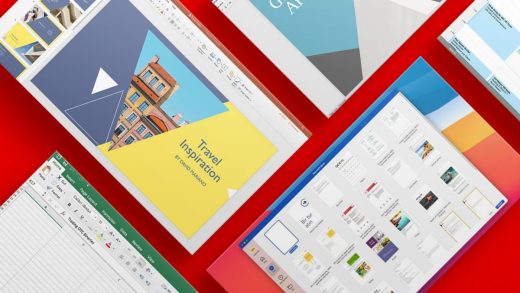When cassette recorders, VCRs and similar devices hit the mainstream, entertainment companies with business models reliant on customers buying copies faced uncertainty.
The fear of consumer copies was encapsulated by the now-famous words of the MPAA’s Jack Valenti: “The VCR is to the American film producer, as the Boston Strangler is to the woman home alone,” Valenti said.
With the benefit of hindsight the VCR did more to help than it did to hinder but still, copying carried out privately in the home was considered a major threat with few enforcement options.
Private Copying Levy
Valenti’s statement in 1982 reached a broad audience but its essence wasn’t new. The potential for blank media to undermine the creative industries saw Germany introduce a levy in 1966, usurping the exclusive reproduction right with a right to equitable remuneration.
In 1985, France introduced “remuneration for private copying” to ensure that rightsholders were compensated for any harms caused by private copying of their works. A levy was placed on sales of blank media such as cassette tapes but as technology progressed, the levy became applicable to CDs and other recordable media.
Today, smartphones are the main source of private copying revenue which according to figures from 2021, now generates around €300 million per year for rightsholders.
Pushback Begins
While an annual boost of €300 million is good news for the beneficiaries, some believe the levy system is outdated and unnecessarily opaque. Since the price of a mobile phone 64GB and above is inflated by roughly 17 euros, whether anything is copied on the device or not, some have described the levy as anti-consumer too.
Compensation is paid to rightsholders through the company Copie France, at rates decided by a committee consisting of rightsholders, manufacturers of recording media, and consumers.
A French government report on private copying compensation published in October 2022 (pdf) offered several proposals for improvement. Noting that the rightsholders themselves provide usage statistics, using methods dating back a decade, calculation methods need to be updated transparently to reflect the reality of private copying today, in a market dominated by streaming.
French Politician Responds to Government Report
A L’Informe report published Monday reveals proposals from Member of Parliament Philippe Latombe in response to the government’s report.
Latombe’s first proposal is to transfer the decisions on how much levy is applied to each medium into the hands of the government.
“[I]n the same way as the finance law or the social security financing law, parliamentarians must be decision-makers and accountable to our fellow citizens,” the politician explains.
Latombe isn’t proposing the end of the existing panel (Private Copying Commission) but says its role should be to propose rates to parliament. L’Informe notes that the panel would also be prevented from initiating usage studies carried out by private companies at the levy fund’s expense. Instead, that work should be carried out by telecoms regulator, Arcom.
People Pay Levy Who Shouldn’t, Devices Shouldn’t Incur Levy Twice
The MP also criticizes the current system where the levy is collected on smartphones and tablets at the point of import, something that forces professional end buyers not liable to pay the levy, to enter a process to try and claim the excess back. Overpayments are currently estimated at between 40 and 50 million euros, so there are calls to simplify the process and ensure quicker refunds.
Latombe’s third proposal is to exempt smartphones and tablets reconditioned in France, currently subjected to a levy of 10 euros per unit. This would not only promote the use of the recycling market, protect the environment and create jobs, but would also ensure that devices would remain accessible to the socially disadvantaged.
From: TF, for the latest news on copyright battles, piracy and more.
Source : €300m Per Year Rightsholder ‘Private Copying’ Payouts Face Scrutiny












